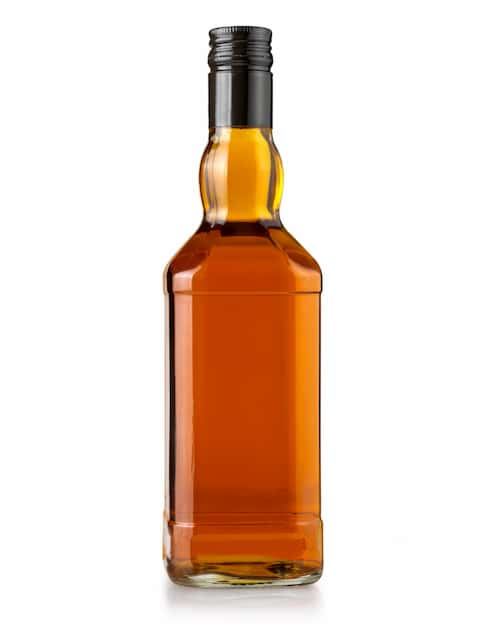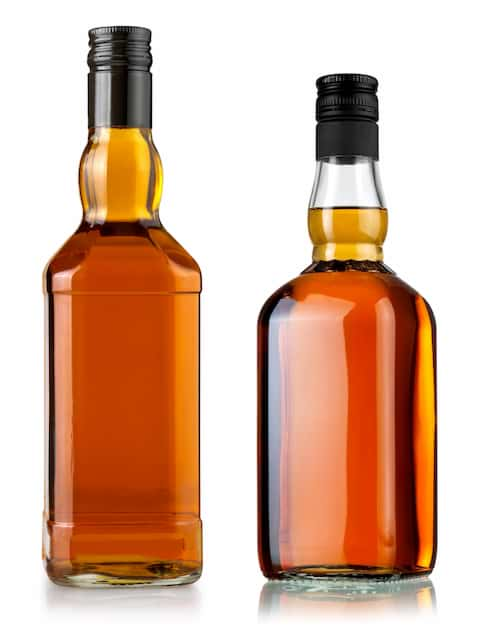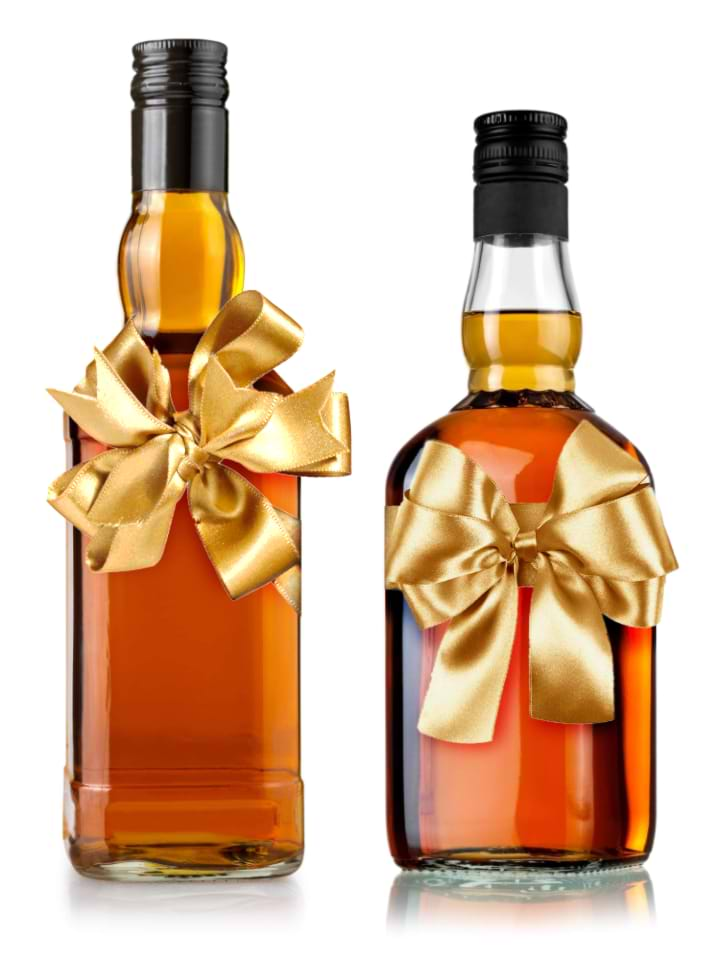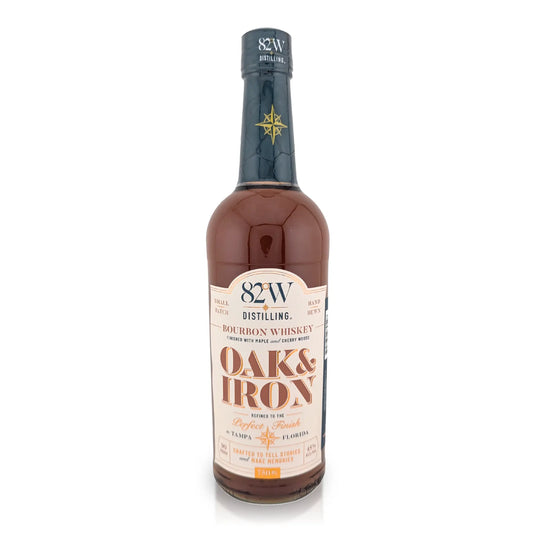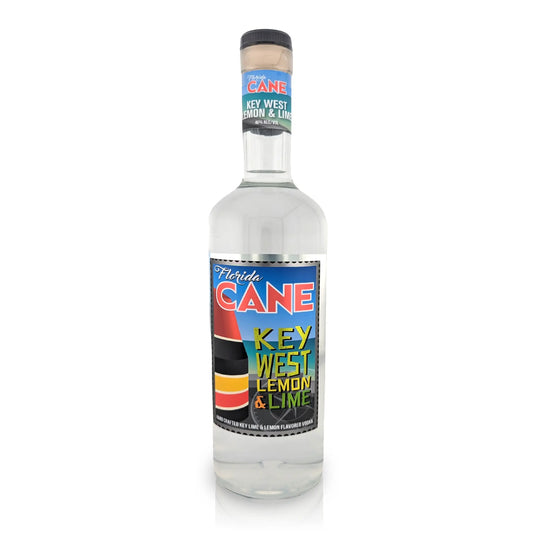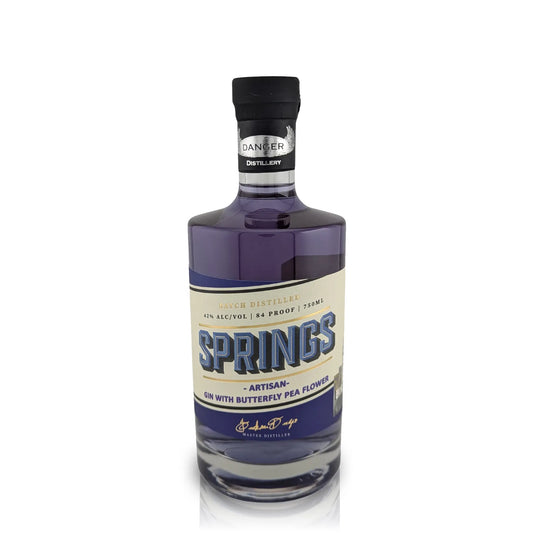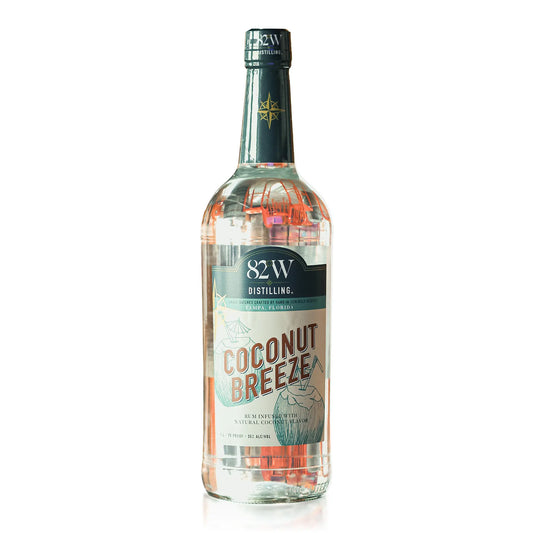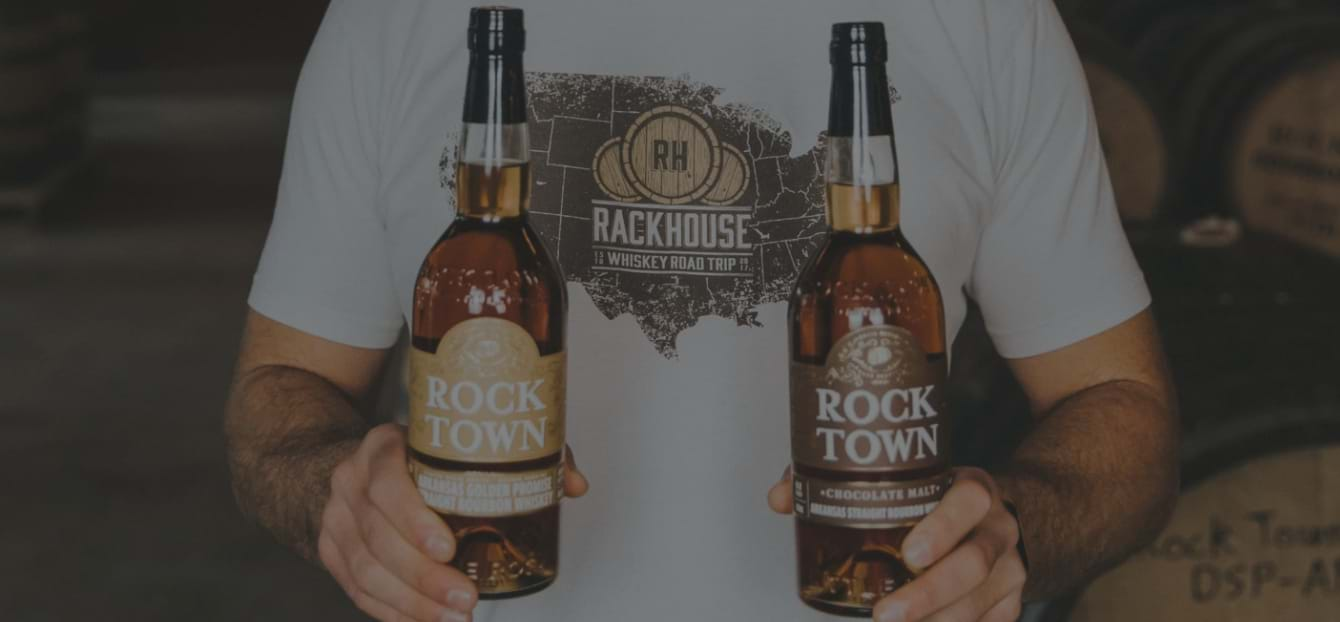
Not all chemists become distillers but Maddie Kelly, master distiller for 2bar Spirits in Seattle, Washington made the leap. The entire distilling process is chemistry so who better to run the still than a chemist. We recently sat down with Maddie to discuss how 2bar began with Texas traditions and slotted them right into the middle of Seattle.
Q: Tell me about your time when you first started here. You have a chemistry background correct?
A: I have a bachelor's degree in chemistry so I knew how to distill in theory, but of course in class you don't get to make whiskey, unfortunately.
Q: So you have training in chemistry, which obviously in making whiskey there is a lot of chemistry involved in the aging process and the making of it, so what made you get interested in whiskey?
A: There's a lot of art to it too and oddly enough I think that's what drew me to it a bit more. I love to cook, I love to bake and this was a way to apply my chemistry knowledge to something more creative than most lab jobs would give you.
Q: With bourbon, it has to stick to a strict criteria for it to be considered bourbon but yet there are so many different variances to the flavor, and that's all because chemistry right?
A: There are some strict criteria for bourbon but there's a lot of room to play with it. For example, you have to have the majority be corn but you can have 49% of that be whatever other cereal grains you want. And then you can change your temperatures for when you're mashing, fermenting, you can play with the yeast, etc. There are so many variables that you can play around with. It’s also pretty important that you understand the science behind it so you know what you're doing when you're tweaking those variables and the effects that they may have.It’s especially important with whiskey because you're kind of doing things in theory.
Q: So you like to geek out on the chemistry part of it?
A: I do, and tweaking the variables especially at the beginning when you’re honing in on a recipe for whiskey you have an idea of what effects different things might have when you change different variables but you don't really know. With whiskey it's a bit of a mystery until it's fully aged so there's a little bit of a Hail Mary they're too.
Q: So you guys produce and focus mainly on two products. Do you play around with the effects that a small change can have? Do you have the time, energy, and resources to do some testing or do you have any seasonal stuff that you are able to play with?
A: We do like to focus on making our two main whiskeys and being very good and consistent at those two whiskeys but that being said it's fun to do the occasional seasonal release. So we have a rye whiskey that we released during the holidays and we may do a rye again coming up here pretty soon. Then we partner with local breweries in Seattle, we actually have some of the best breweries in the entire country. Whiskey is beer that's been distilled, you just take the alcohol out of your beer and get rid of the water and that's really the basics of how you make whiskey so we partner with local breweries to make maybe like a Russian imperial stout and then distill that into a whiskey to see what type of whiskey that beer base gets us.
Q: Explain the ties to Texas to Scotland to Seattle and what you guys do that's a little bit different.
A: Absolutely I think that bourbon is a very American whiskey and having different cultural influences from all over the place is a very American thing. So 2bar is named after a ranch in Texas that's been in our founder’s family for over five generations since the late 1800s and those work ethics behind ranch life really come to play in the distillery. We make everything from scratch here which is a lot of work. You start by milling the grain all the way through barreling and bottling on site so that ethic of just grit and hard work really coming to play. And then our actual production process does have a lot of influence from Scotland. So we lauter in a way that you would see more commonly in Scotland than in the United States. Normally with American whiskey you see whiskey fermented in the grain: so the grain is pumped from your mash ton into your fermenter. We’re lautering and separating our liquid from the grain and then the grain becomes cattle feed for a local farm and the liquid is what gets fermented and eventually distilled into our whiskey.
Q: For folks who might not understand the process can you explain what lautering is?
A: So lautering is the separation of your actual liquid from your grain. So when you start to make whiskey the very first process is called mashing where you're just cooking a giant vat of grain in hot water. It’s like making porridge. Then at some point later in the day when you’re done extracting the starches, you've converted them into sugar. You want to extract that sugary liquid because those sugars are what get fermented into alcohol and then the grain you've extracted is what you get at that point.
Q: What does that do differently? Or what taste do you get that’s different than if you were to leave the grain in the liquid and ferment it at the same time?
A: There are so many different variables when you're making whiskey with the yeast and everything that it’s hard to say exactly the impact you would have. We’d have to keep our entire process the same except ferment on the grain just to really see what the exact effect is. I've heard that you get a little bit more refined of a flavor when you lauter and ferment off the grain. You still get all of that great flavor from the grain. Our whiskey is nothing if not grain forward in the flavor, you really taste the malted barley especially that we use in the bourbon but yeah possibly just a little bit more of a clean flavor profile.
Q: I’d like to know more about the Scottish influence. The climate here is very close to Scotland and some of that process was learned over there as well so you’re really able to get that Scottish feel to the flavors too is that correct?
A: Scotch of course is very different from bourbon the base is going to be malt. The distiller who taught me a lot of what I know about making whiskey, he studied at Spring Bank in Scotland so there are a lot of Scottish influences in terms of how I like to produce just based on where I learned. But also I love scotch and our whiskey does reflect that love of malted barley. We have a majority of corn in our bourbon as bourbon always will have, but there's a lot of good roasted barley and malted barley in our bourbon which is great because Seattle is an excellent place to source barley. We have so many local breweries and so most of our malted barley is actually grown in Washington. It’s all grown entirely in the Northwest.
Q: And you're one of only two distilleries in Seattle that are grain to class right?
A: Correct, one of two distilleries that’s entirely grain to glass, making everything from milling the grain through bottling on-site.
Q: Does all the corn and grain come from Washington?
A: All the corn and the wheat comes from one farmer in east Washington and then the malted barley is malted in Washington. Most of it is grown in Washington but they source from Idaho and Oregon around the Northwest. So it's all Northwest grown.
Q: Regarding the climate here, how does it affect things?
A: The climate for aging is somewhat similar to Scotland. It’s very wet here, fairly cold and kind of temperate most of the year and then we're right off of the Sound too. Climate will always affect your aging of course. In the distillery itself we've got a boiler running, we have all sorts of vibration so that's going to affect the aging as well.
Q: Does it?!
A: Aging is all about the alcohol interacting with the woods so your surface area of the barrel will matter a lot but also just you know your barrels rolling around, too.
Q: And you have some good names for some of these pieces of equipment too.
A: That's Nathan's doing, the founder, he's from Texas and his dad grew up on the 2bar Ranch where there's not much to do except for go to the local dancehall music and so we’ve got some country music singers who performed at that dancehall. We’ve named each one of our fermenters after those singers, so we’ve June Carter, Dolly Parton, Connie Smith and Patsy Cline. Those are the girls.
If you want to try the whiskey and moonshine from 2bar Spirits join us at RackHouse Whiskey Club. You can hear more about the 2bar Spirits story here.


